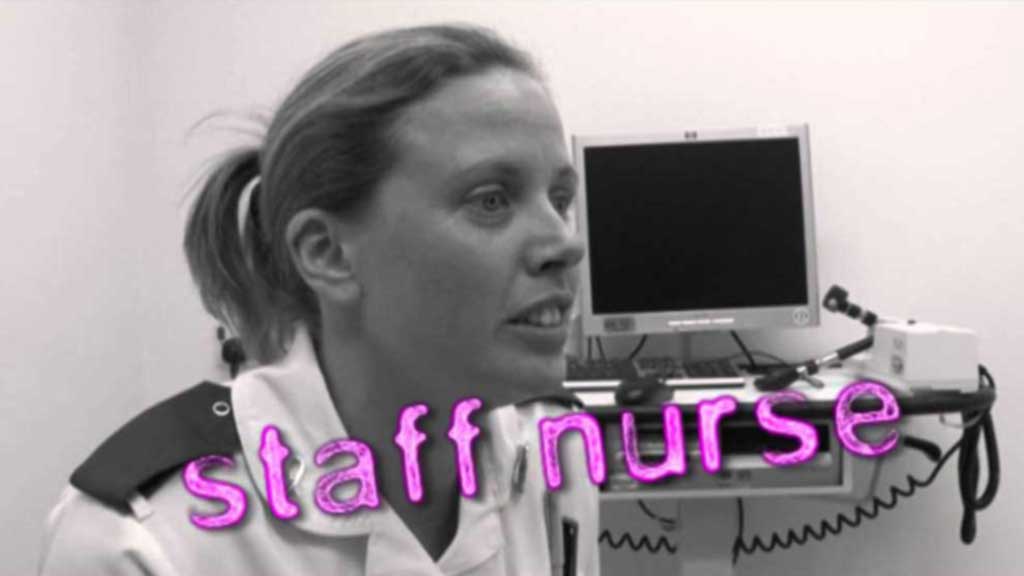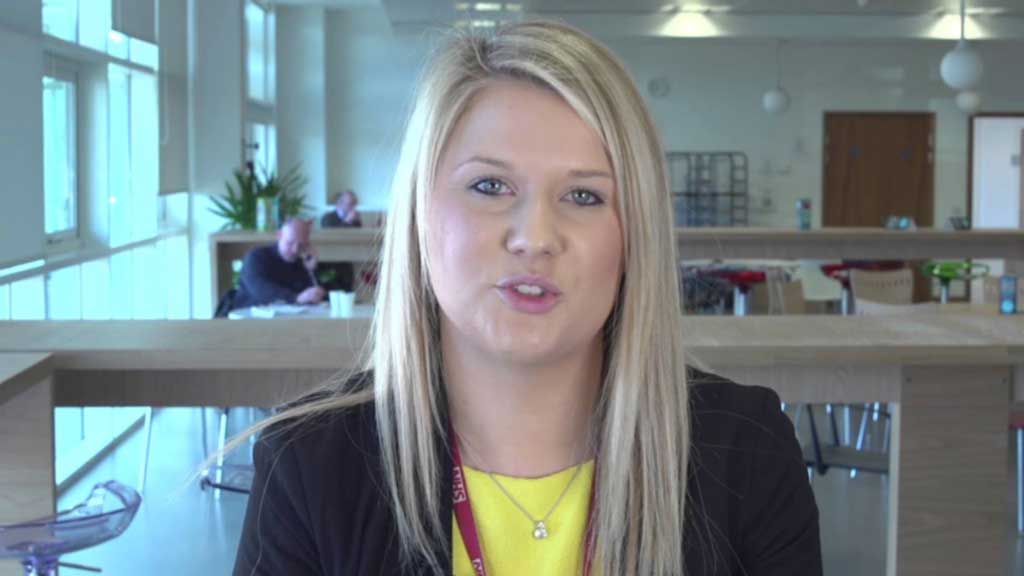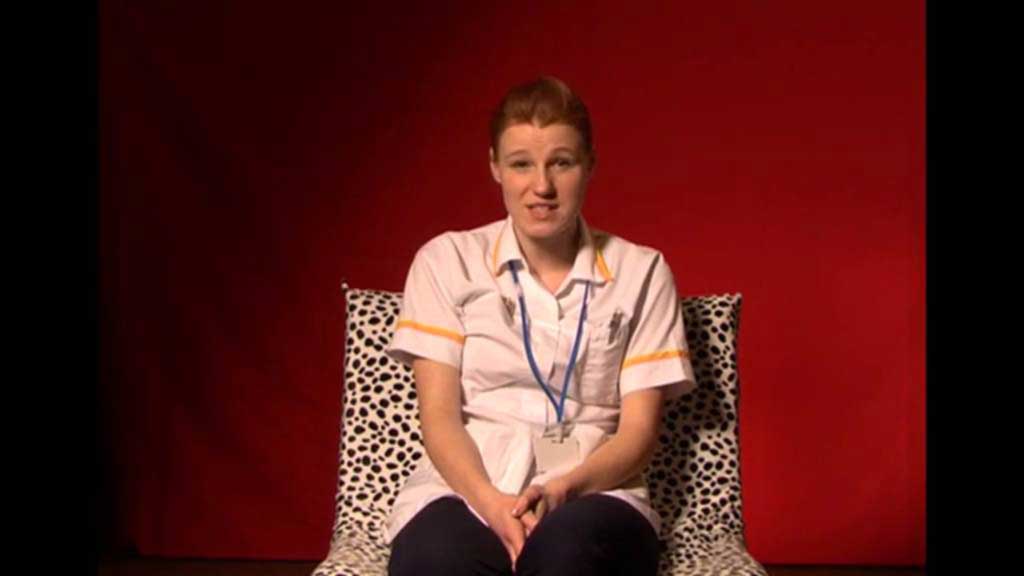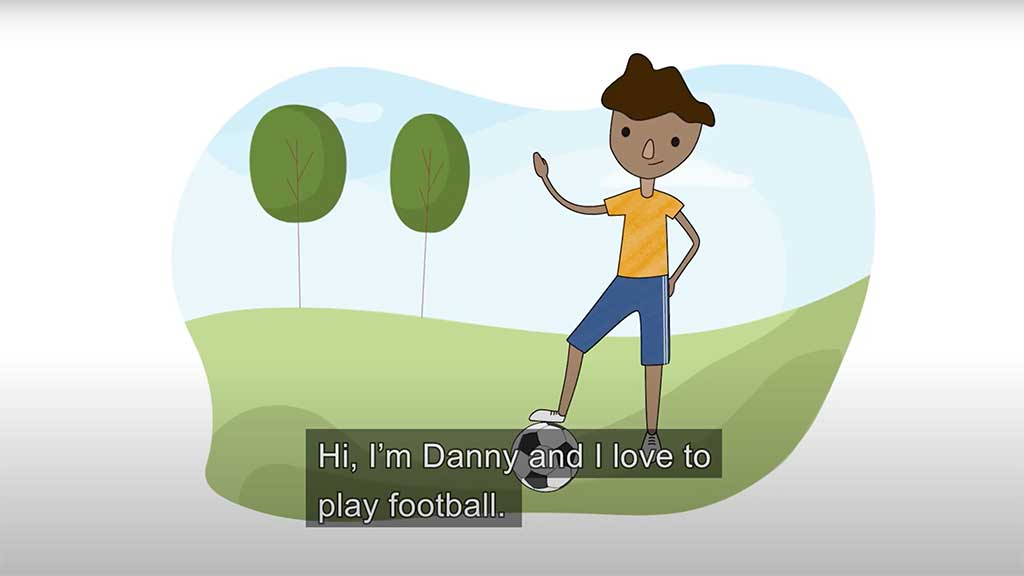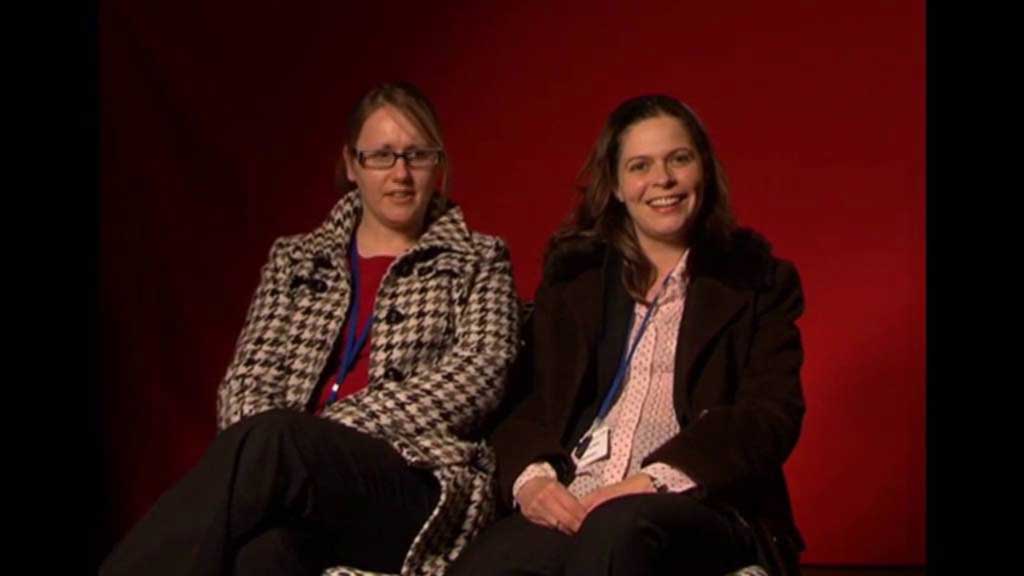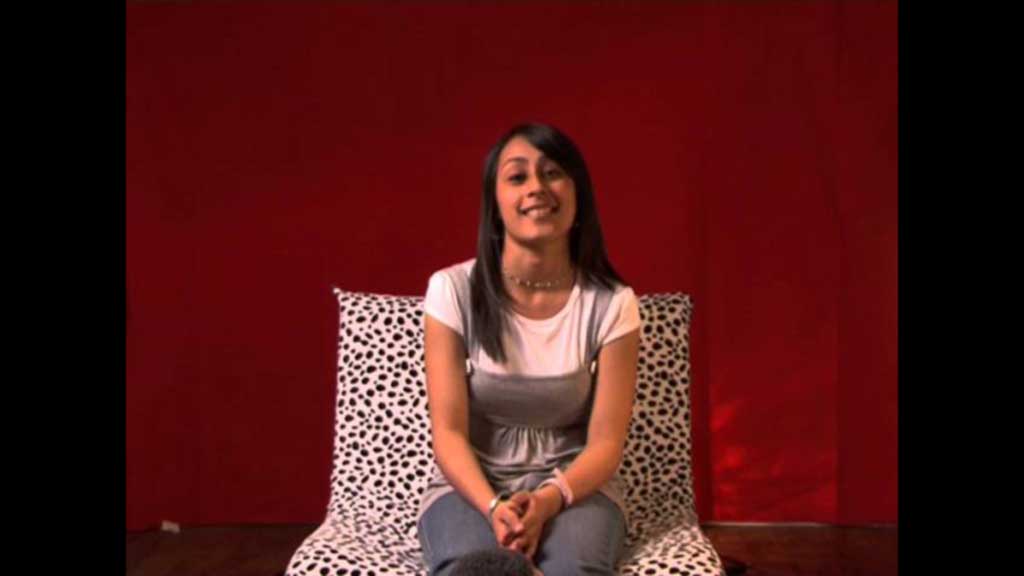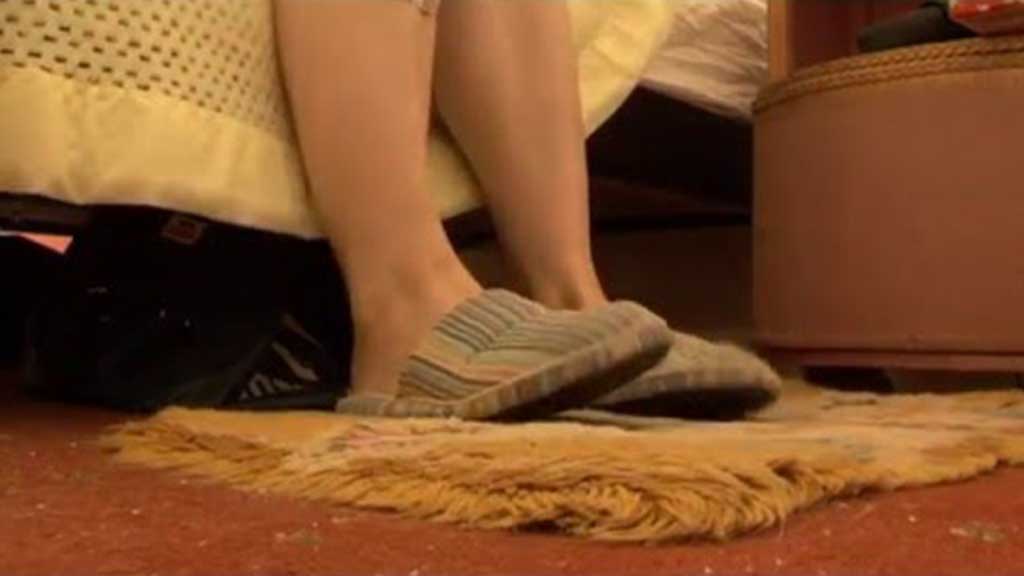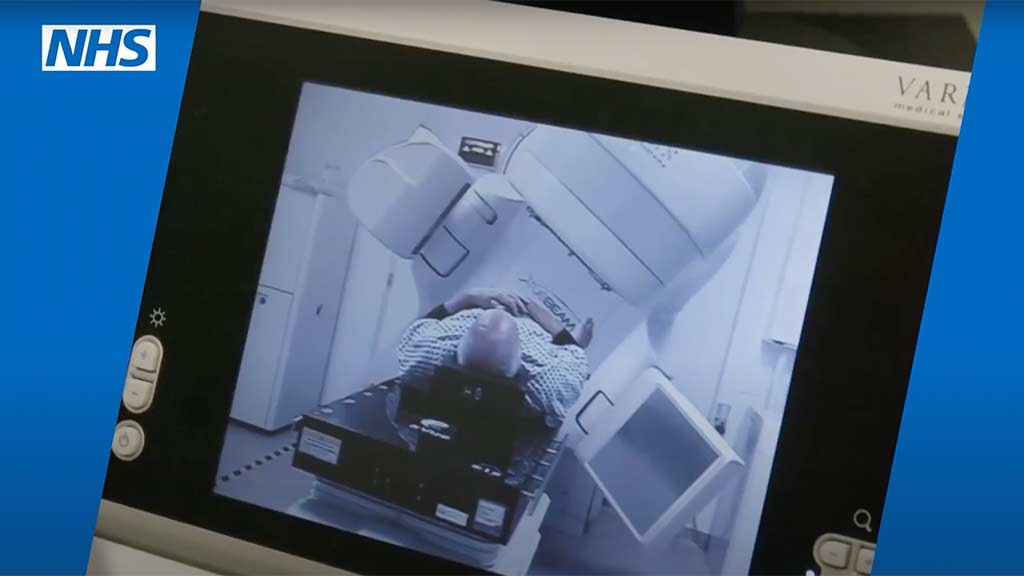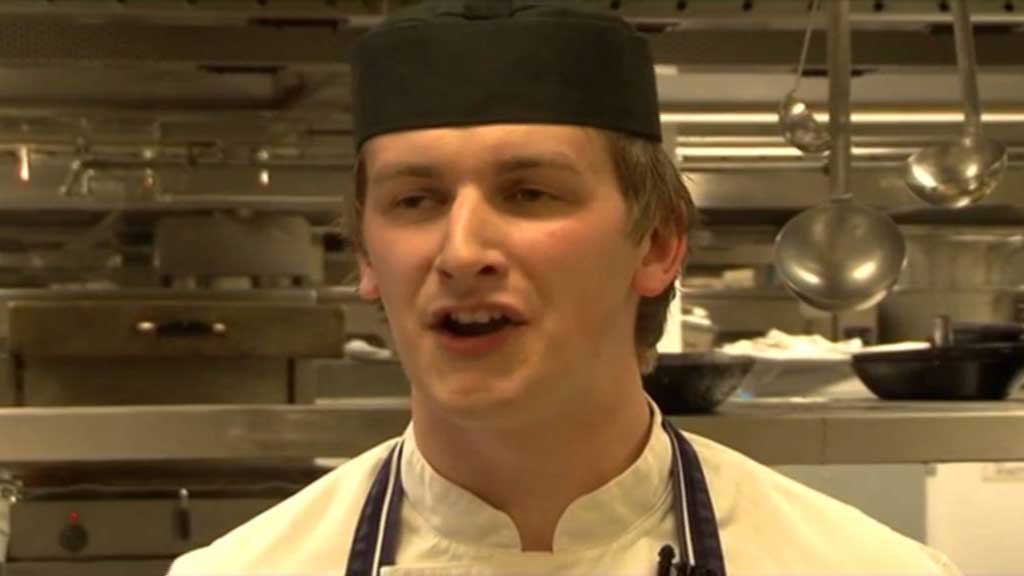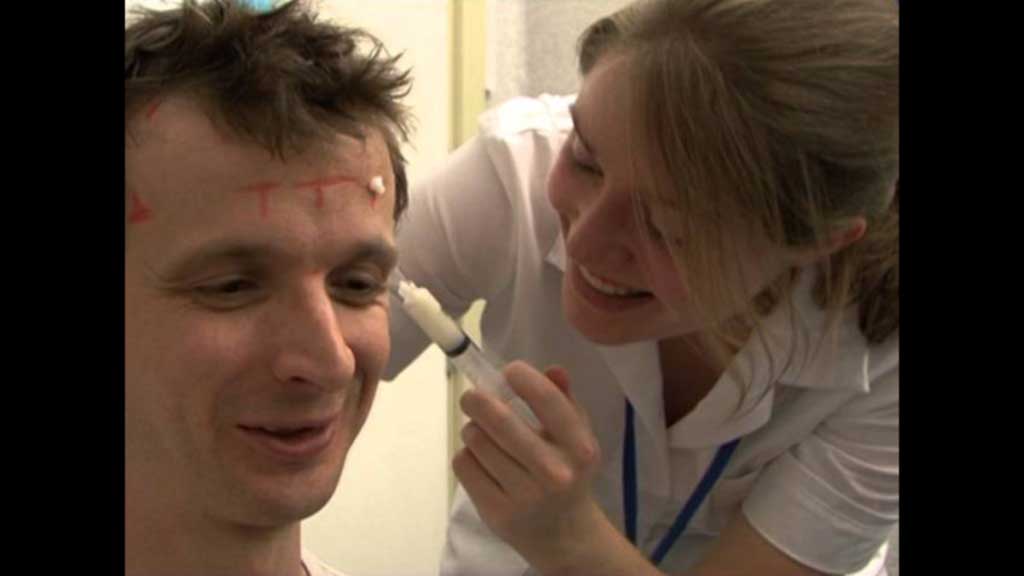Danny's journey
This is the story of Danny and how he meets different professionals who work in the NHS.
Hi. I'm Danny and I love to play football.
Something has happened to my leg and now I can't move it.
My coach is now ringing 999.
Emergency Call Handlers, deal with emergency calls from the public.
Emergency Medical Dispatchers make sure that an ambulance response gets to the right patient as soon as possible.
The ambulance has arrived.
The paramedics say I need to be taken to hospital.
Paramedics assess and start immediate treatment for patients.
I arrived at the accident and emergency department.
The receptionist welcomes me and takes all my details.
Receptionists are often the first person patients see. They welcome people and prepare patient notes.
I am having a full assessment by a nurse, he is really kind.
Registered General Nurses work in hospitals, in the community, and in people's homes.
The nurse spoke with a doctor. They think my leg is broken.
Doctors in emergency medicine carry out assessment and treatment of patients.
I have been taken to a radiographer
who carried out an X-ray on my leg.
It’s bad news, my leg is broken.
Diagnostic radiographers use state of the art technology to look inside patient's bodies.
I need surgery
so the phlebotomist has taken some blood samples to prepare for this.
Phlebotomists collect blood samples from patients.
My blood samples have been sent for testing to a scientist in the pathology lab.
Biochemistry Healthcare Scientists carry out tests on blood to diagnose illness or ensure that blood from donors is matched so that it can be given to patients when needed.
I am now ready to go into the operating theatre.
There are lots of friendly staff who are involved in my leg operation.
Orthopaedic Surgeons carry out the operation.
Anaesthetists care for patients using drugs to stop patients feeling pain during an operation.
Operating Department Practitioners care for patients before, during and after their operation. They work as part of a team to keep the patient safe.
I have a milk allergy
so I need to see a dietician
so the chef can prepare the right food for me
and I get the nutrients to ensure my leg heals.
Dieticians assess, diagnose, and treat dietary and nutritional problems.
Chefs prepare food for staff and patients. Serving hundreds of meals a day.
I am now back at home
but I need some help to make sure I fully recover.
My physiotherapist is going to help me.
Physiotherapists help people with an injury or illness by using movement and exercise.
I have a bit of pain in my leg.
I am at the GP to see a doctor
for some advice and to assess my needs.
Doctors working in GP assess and treat all medical conditions and refer patients to hospitals and other medical services when needed.
The doctor has advised me to
get a prescription by the pharmacist.
Pharmacists work in hospitals or in the community, where they provide advice and dispense medication.
I am now back at my GP to see a nursing associate
who is checking my surgery wounds.
I am making good progress.
Nursing Associates are part of the nursing team who provide care and treatment for adults or children.
I also have been receiving some extra help from an occupational therapist
and I am now on the road to recovery.
Occupational Therapists help people live as independently as possible by offering practical support for all physical and mental illnesses.
I am now back playing football
thanks to the support from the NHS staff.
I am going to find out about careers to help patients, like they helped me.
Find out more about Health Careers at www.stepintothenhs.nhs.uk

